There are a couple of interesting things about Kray Van Kirk, who is a singer/song writer in Alaska.
For one thing, he gives away is music. Folks who download his songs are free to contribute. The other thing is that Kray has a PhD in the statistical modeling of population dynamics. In short, he predicts the size of fish populations.
Kray provides more background below:
What is your musical background?
I grew up in northern California near the Oregon border. My father was a professor of fisheries at Humboldt State University, and my mother had been a classical pianist. When I was young the record player was spinning Pete Seeger, Gordon Lightfoot, James Taylor and John Denver.
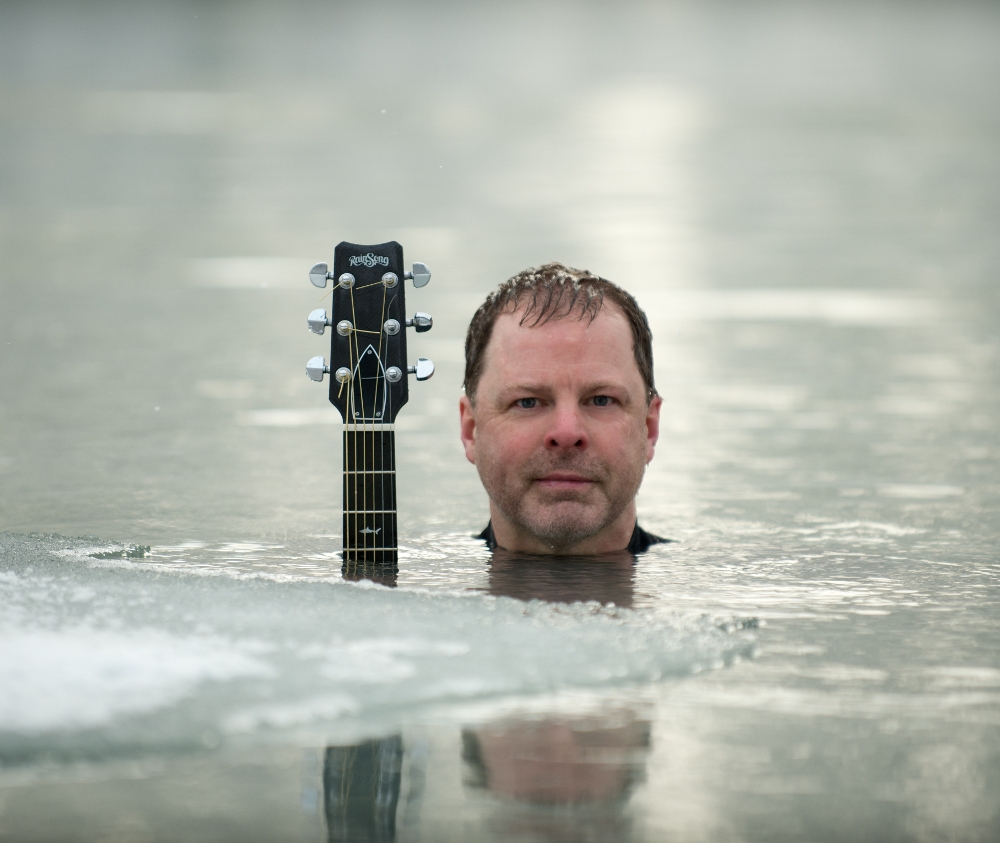
My mother also had a number of classical piano records, and as she was from the Ozarks originally, a number of Smithsonian historical recordings of old-timey folk music from that region. I got very interested in British folk rock around 12 or 13, and started to load up Planxty, the Steeleye Span, Fairport Convention, and a number of other traditional British and Celtic musicians. I was fascinated to find that a lot of those old songs had survived in a very old form in the same music coming out of the Ozarks and Appalachia. Oddly enough, I had never heard of Leo Kottke or John Fahey or any of the fingerstylists until I got to college and saw Chris Proctor play for the first time, which opened an entirely new world of guitar.
How did you get started in music?
We had a piano from when I was very young, and my mother and older brother played every day. One of my mother’s friends gave me a John Denver record when I was about six or seven, and after listening to that I started taking guitar lessons when I was 8 or so (I considered and rejected the ukelele). But it wasn’t until I was in college and saw Chris Proctor play that I began to seriously think about playing the guitar, and that summer I went out and bought my first good guitar, a curved-back Guild D25, which I absolutely loved!! When I graduated from college first time around, my parents bought me a Guild F-412, a big blond 12-string. I started playing small open mics and such in graduate school (I was in seminary in Berkeley), but when I dropped out of graduate school, I moved out to Wyoming (I know – what happened to Nashville or LA or Seattle??) and started playing bars and lounges. I ended up living in my van for five years, traveling up and down the west coast and western states, playing wherever I could. These were the days before the Net or cell phones (I still don’t own a cell phone!), so I was constantly stopping at pay phones along the roads to call venues and book shows.
Which records and tapes influenced you?
I get pulled in a lot of different directions. Sometimes I love a big orchestral sound, but I can’t play that way on stage, as there’s just me. So when I try and find the quintessential sound for my own songs and recordings, it goes back to Pete Seeger playing “Where Have All the Flowers Gone” or “Don’t Ask What a River is For”, Andy Irvine and “My Heart’s Tonight in Ireland”, James Taylor “Sweet Baby James”, Gordon Lightfoot “Don Quixote”, Nanci Griffith “Last of the True Believers” or John Denver “Rocky Mountain High”. The sound is very simple, but hopefully what comes through it is much bigger and more complex. It’s very difficult to reproduce a lot of Celtic flute and fiddle on the guitar (Pierre Bensusan notwithstanding), and I find that music so moving it’s always a challenge to produce it myself. If I could stuff The Chieftains into the guitar, I’d do it. I currently have a terrible crush on Kate Rusby and her music.
What’s the side of you that the public never sees?
I have a PhD in the statistical modeling of population dynamics, specifically writing fisheries stock assessment computer models, and I have a number of published scientific papers. I found myself as a single parent when my daughter was very young, and although my music was just beginning to really develop and I was finally playing sit-down concerts and not bars and lounges any more, I certainly wasn’t making enough to justify living on the road with a three year-old. So I went back to school, and took advantage of the flexibility of graduate work to tour and travel when I could. Most of my friends didn’t have children, and were off doing crazy things like diving under polar ice to count fish, or darting polar bears to take biological data, or going out on the Bering Sea in crazy weather, but I couldn’t take off like that, so I chose computer modeling. It means that my touring schedule is fairly sporadic, and I’m sure some folks look at it and think that I’m not too serious about music, but it’s simply the name of the game as a parent. (Plus, living in Alaska with no road access is perhaps not the smartest move when trying to be a touring performer…)
Here is Kris’ site. The song at the beginning and end of the podcast is “Sailor With a Broken Wheel.”

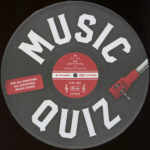
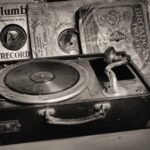
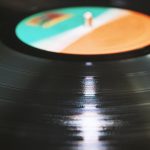


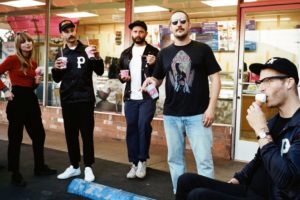
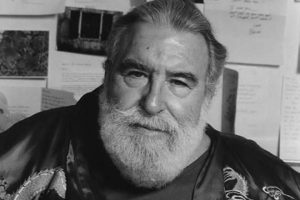










Recent Comments